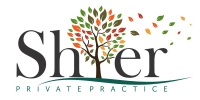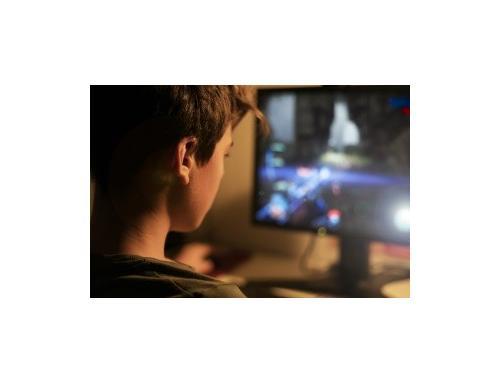Prescription drug addiction and diversion (buying/trading/selling prescription medications) has received a lot of attention in the medical community and in the media. According to the National Survey on Drug use and Health (NSDUH) and my research study at University Medical Center, giving away one’s prescription medications is the most common form of diversion. Aside from the obvious issue of using prescriptions for non-medical purposes, the latest research shows that diversion is a factor in over 50% of overdose related deaths. In 2010, there were over 38,000 overdose related deaths and 57.7% involved pharmaceuticals.
I frequently educate patients and families to keep their prescription medications safe, especially if they are prescribed controlled substances ie. opiates (Vicodin, Percocet, Morphine), benzodiazepines (Ativan, Klonipin, Xanax), or stimulants (Ritalin, Adderall). Sharing one’s medications or giving away one’s medications is never safe. I can understand the good intentions one may have when sharing or giving away prescription medications to a friend or family, however, they should only be provided by a medical professional who can evaluate for medical conditions and drug-interactions that may be potentially dangerous. Combining certain medications together or concurrently using alcohol may result in serious medical complications including respiratory depression, respiratory failure, and death.
Keep your medications safe. Keep your friends and family safe. Consult your physician.
Thanks to The University of Arizona Department of Psychiatry for the opportunity to conduct my research and present my findings in this Grand Rounds: Prescription Drug Diversion. Thanks to my mentor Dr. Nicholas Breitborde, PHD.
by Jack Shier, MD
The content on this website is not intended to be a substitute for professional medical advice, diagnosis, or treatment. Always seek the advice of your physician or other qualified health provider with any questions you may have regarding a medical condition.


